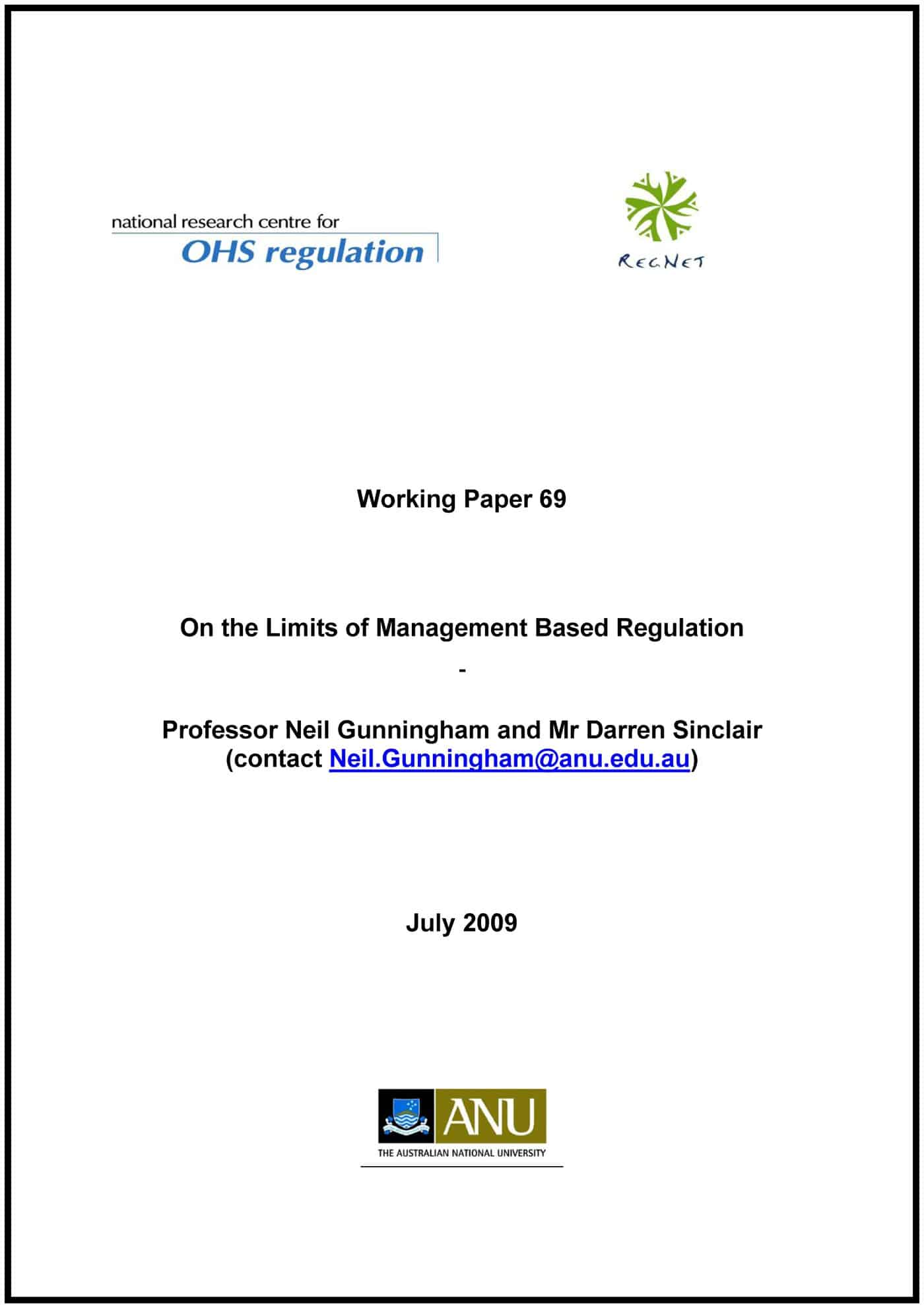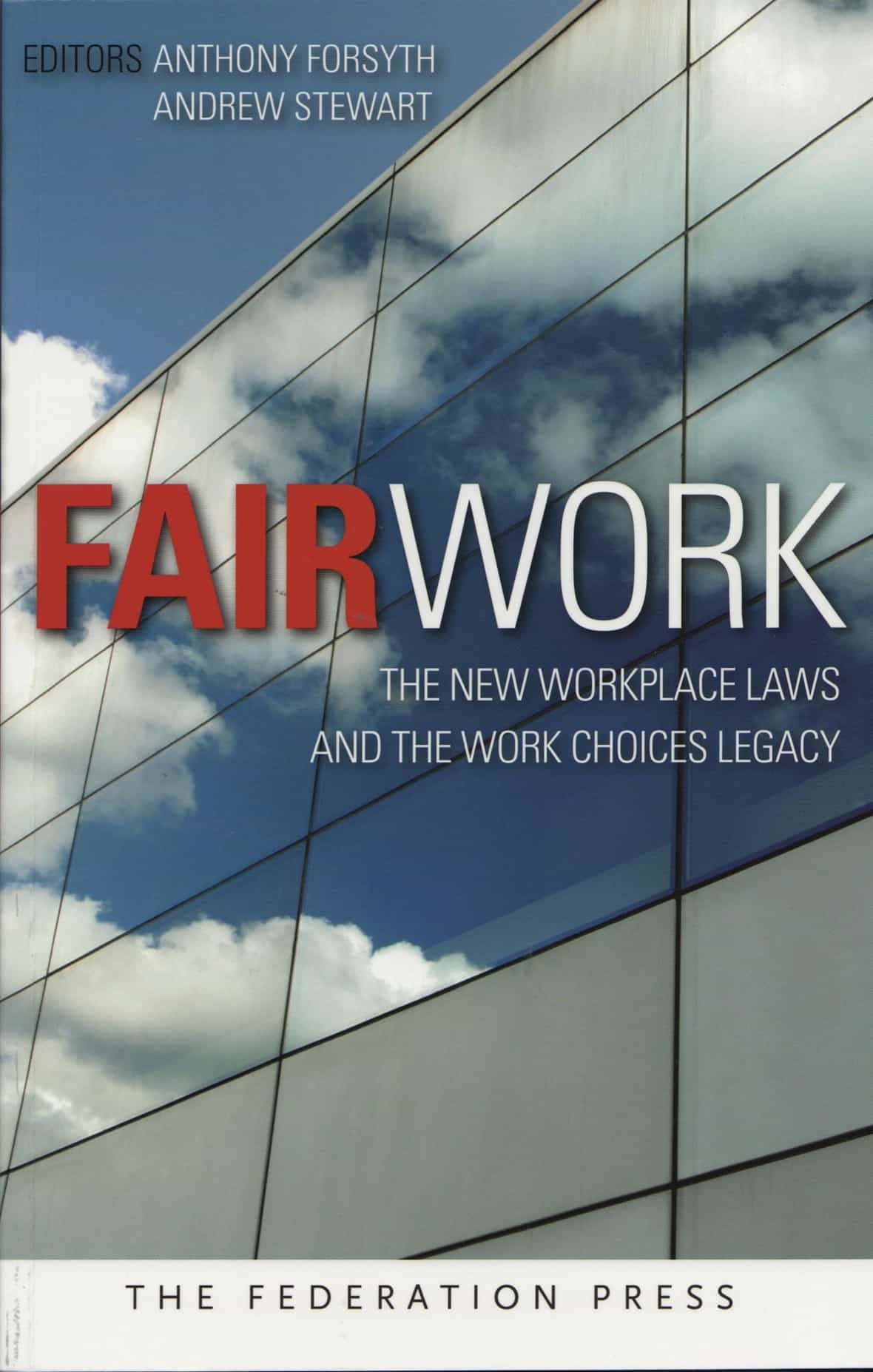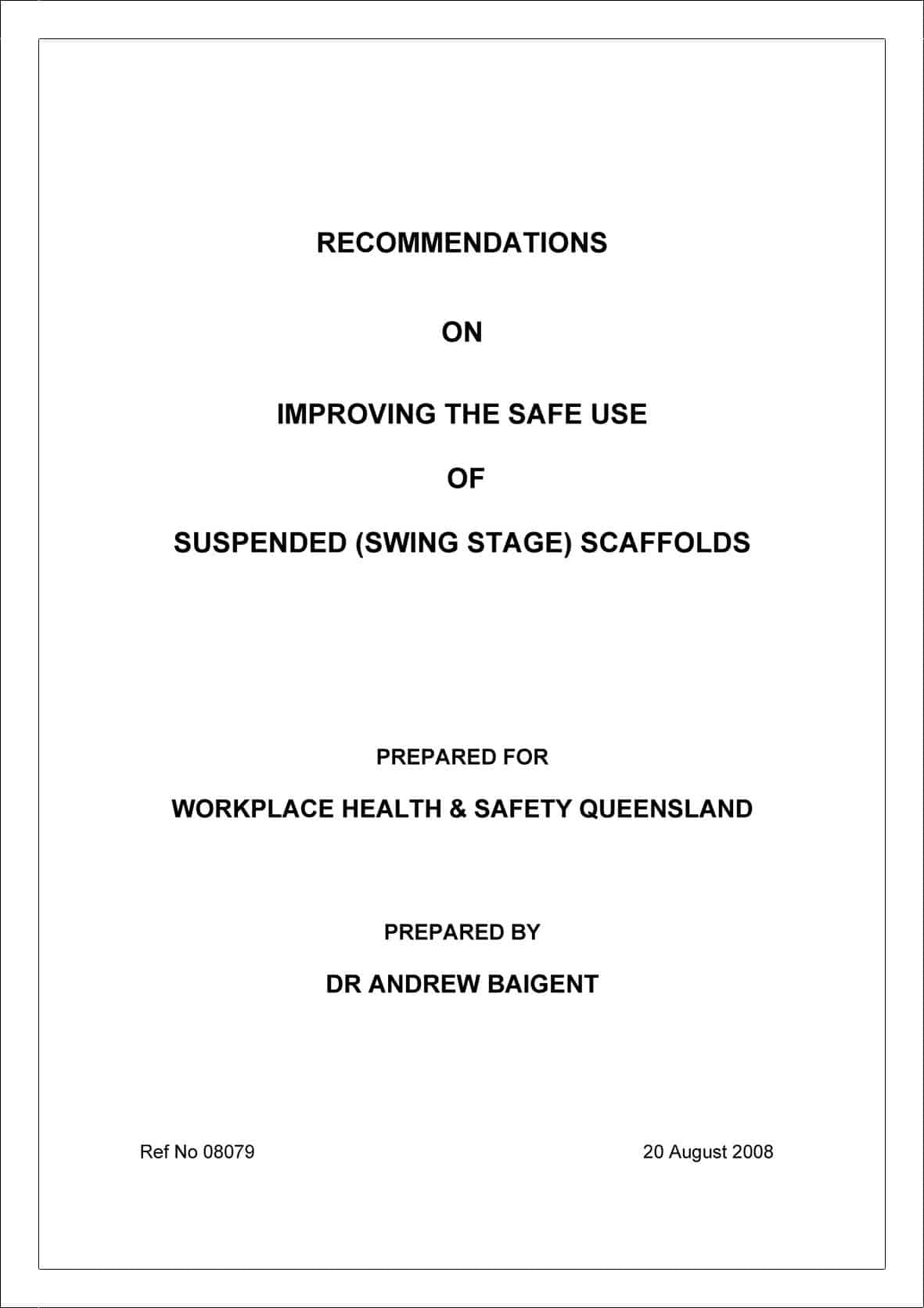The National Research Centre for Occupational Health and Safety Regulation at the Australian National University is one of the few Australian research centres who provide free access to their data. The number is growing but is still way behind institutions overseas.
 The latest research report they have released concerns management-based regulations as opposed to prescriptive regulations. Australia and many other countries have moved away from prescriptive OHS rules but this research by Neil Gunningham and Darren Sinclair has some good points on establishing workplace safety cultures by looking at a couple of case studies.
The latest research report they have released concerns management-based regulations as opposed to prescriptive regulations. Australia and many other countries have moved away from prescriptive OHS rules but this research by Neil Gunningham and Darren Sinclair has some good points on establishing workplace safety cultures by looking at a couple of case studies.
The abstract says
“The paper argues that notwithstanding the heavy emphasis currently being placed on both internal (company driven) and external (government driven) management-based regulation, a commitment at corporate level does not necessarily percolate down to individual facilities where ritualistic responses or resistant sub-cultures may thwart effective change. The findings have important implications for the effectiveness of management based regulation and meta-regulation more broadly.” (my emphasis)
The researchers go on to discuss the spread of shared values and shared meaning, how individuals and small units can thwart the good management intentions by a lack of organisational trust, through a literature review as well as the case studies and empirical data
For anyone who is the least bit interested in establishing a workplace safety culture, the following quote should get them downloading this report.
“Management based regulation does not ignore the challenges of engaging with group behavior. Indeed, its proponents assert that the capacity to achieve cultural change is one of its attributes (Welford 1997). But whether, to what extent, or in what circumstances this is the case remains a matter of conjecture. Certainly changing cultures is no easy matter and it may well be far more difficult for senior management to manipulate than many organizational theorists assume (Morgan 1986:139). Yet without cultural commitment on the part of those who are expected to implement the system, then edicts from regulators or (in the case of internal regulation) from senior management, may be met with creative compliance (McBarnet & Whelan 1999), resistance, “ritualism” (Merton 1968; Braithwaite 2008a:140-56) or various other forms of tokenism.”




 In a similar way it is important that OHS professionals in industrialised nations with online references immediately to hand, and assistance at the end of a mobile phone call, realise that workplace safety can implemented, taught and regulated with a lot less. Some countries have no option but to work with lean resources but good skills.
In a similar way it is important that OHS professionals in industrialised nations with online references immediately to hand, and assistance at the end of a mobile phone call, realise that workplace safety can implemented, taught and regulated with a lot less. Some countries have no option but to work with lean resources but good skills.